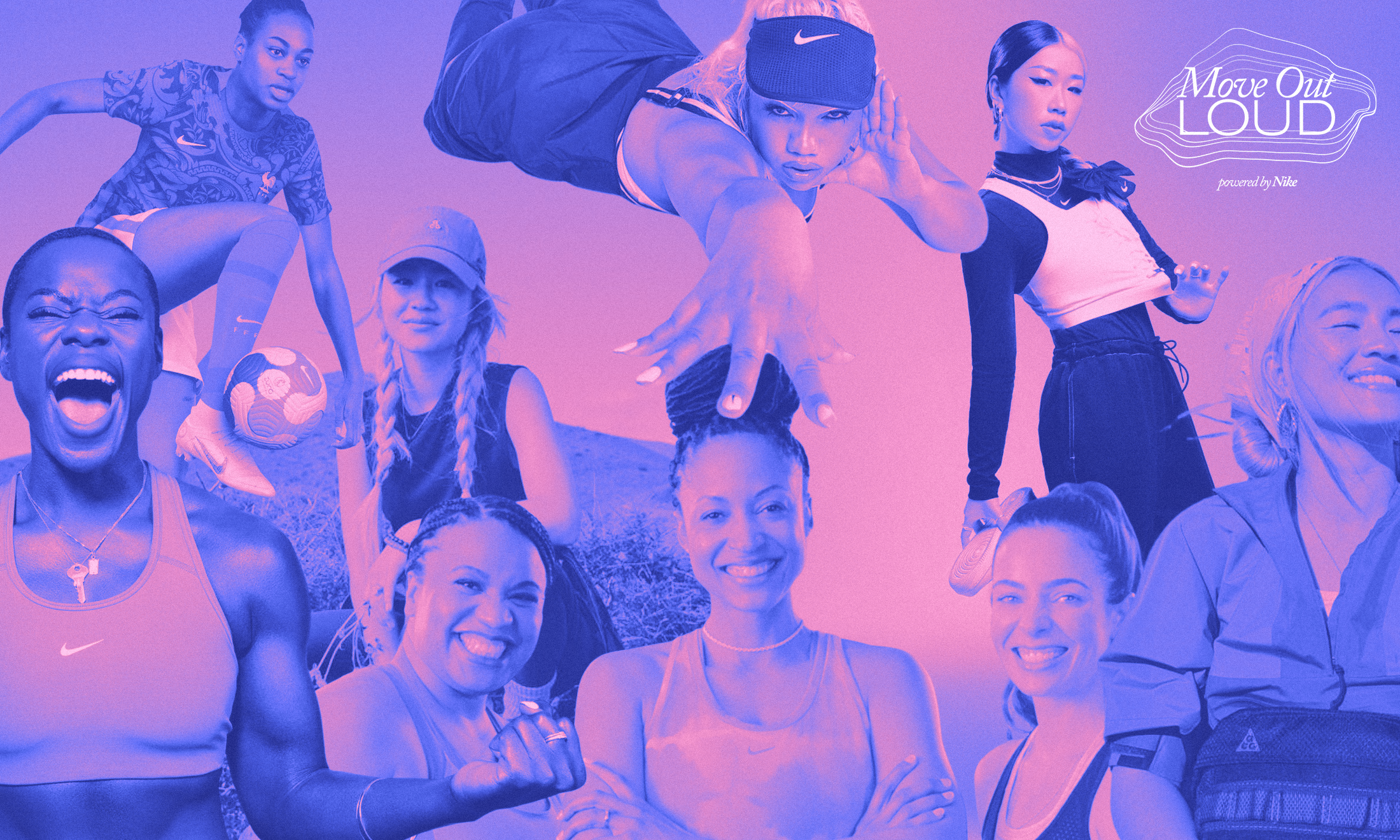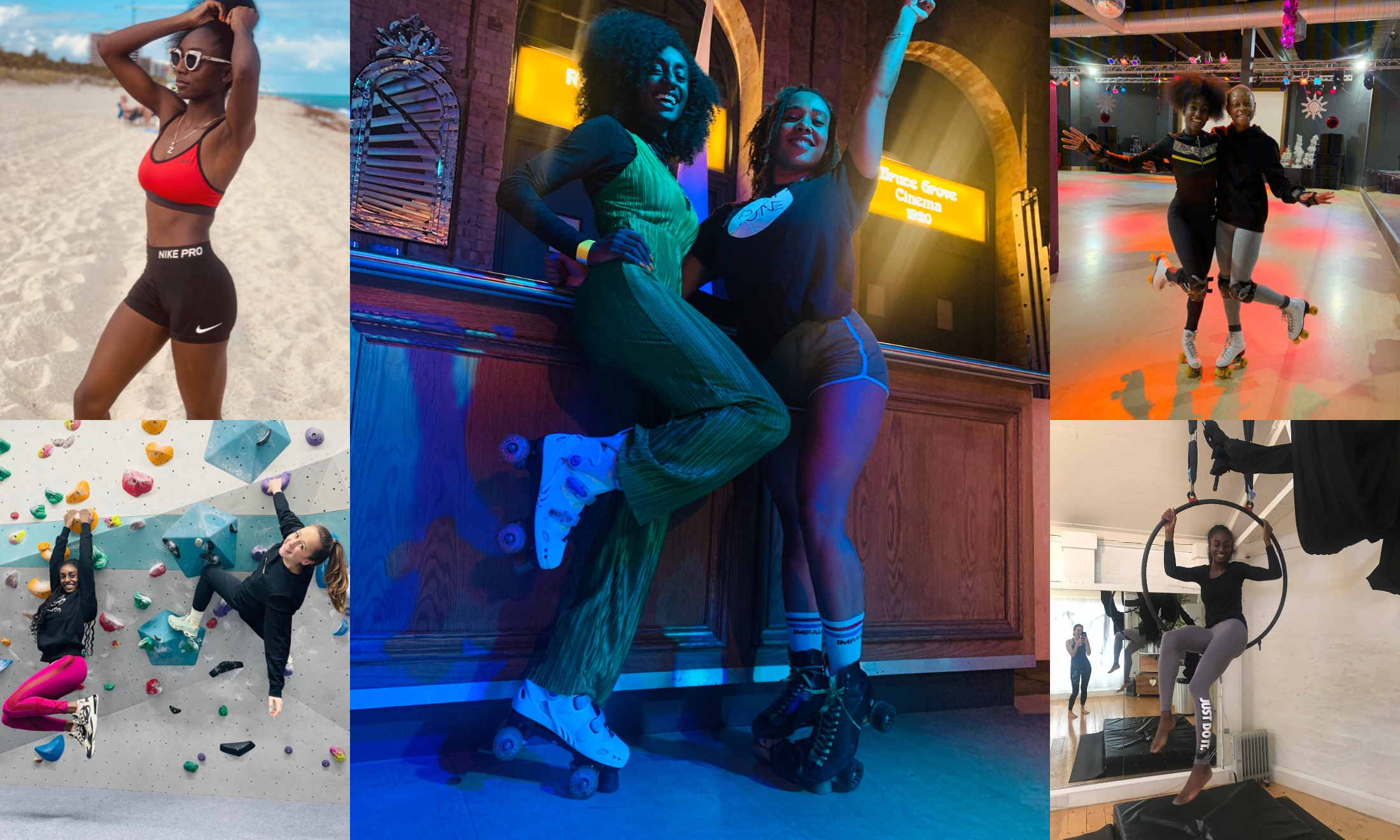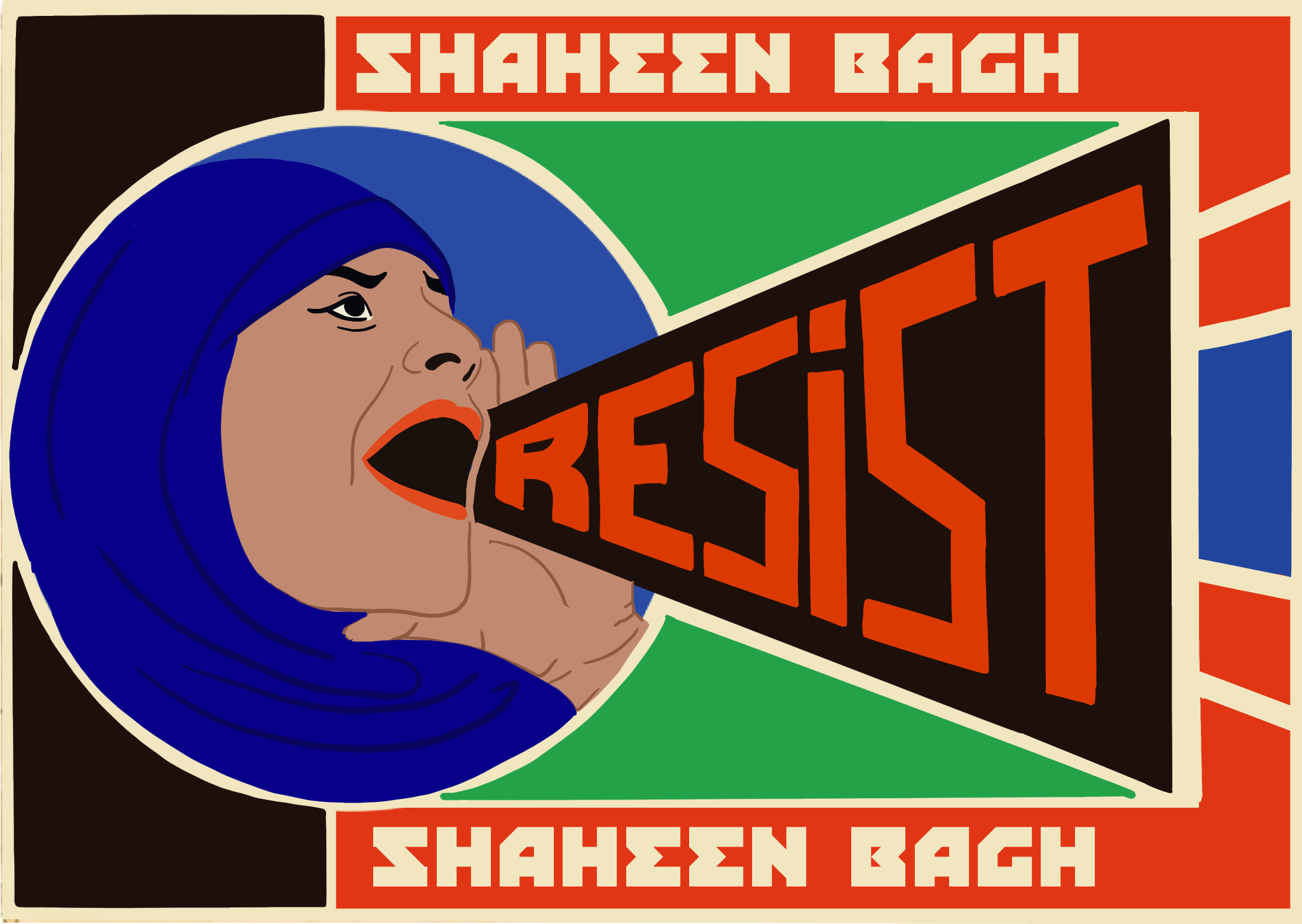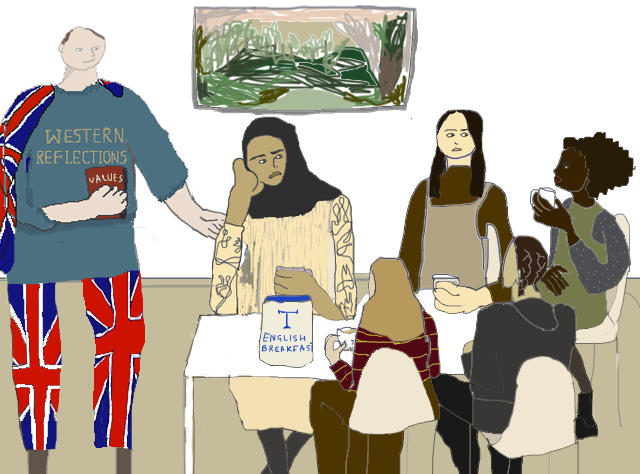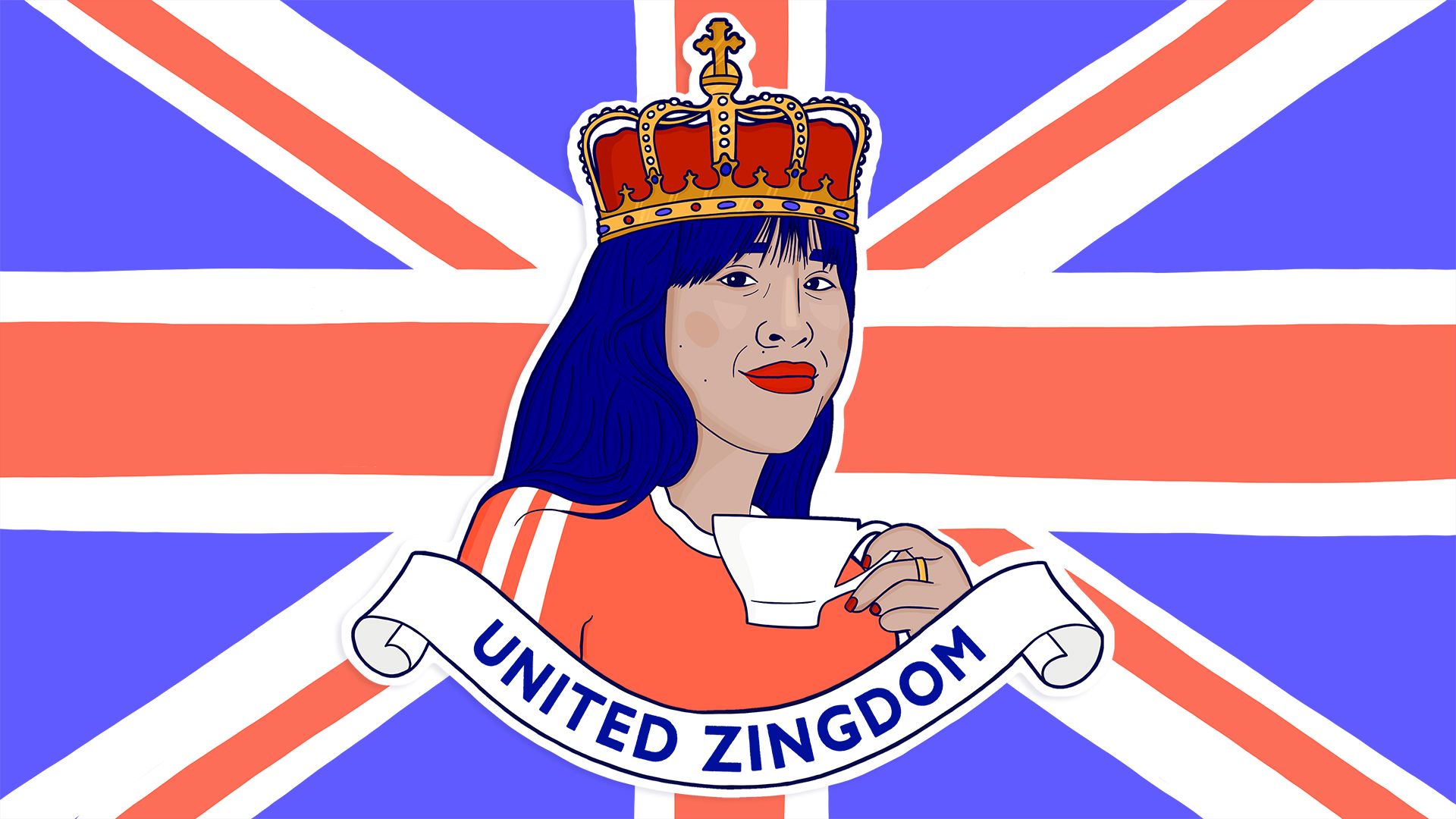
Illustration courtesy of BBC
United Zingdom is the podcast that asks if British identity is worth severing ties with your home country
To take up UK citizenship, Zing Tsjeng must first give up her Singaporean one, but what is Britishness and is it worth the hype?
DiyoraShadijanova and Editors
19 Mar 2020
Zing Tsjeng has a problem. She can apply for a British passport having lived in the UK for 15 years, but her native country Singapore doesn’t allow dual citizenships – so she has to make a choice between the two. The London-based journalist and author, who is known for her Forgotten Women series, tackles this dilemma in her new, 10-part podcast United Zingdom. Travelling up and down the country to help her get away from the London bubble, she engages in insightful conversations on “Britishness” in the hope she can figure out whether to take the plunge and become British. With so much new-found time on our hands, the podcast is a perfect listen for anyone meditating on who we are as a nation.
When she walks through the doors of the tiny Shoreditch coffee shop we arranged to meet in, I catch myself making a mental note in my head to say she is very stylish and effortlessly put together. With a silky mocha-coloured top and luminous green nail polish, she looks like one of those women who gets regularly asked to be photographed in the middle of a street for a fashion magazine or a Pinterest board. I get up to greet her and hesitate to hug in case she’s elbow bumping in the wake of the pandemic. “I’m a hugger!” she exclaims, hugging me before I have a chance to be awkward about it.
We spend a good few minutes arguing over who will buy the drinks as both of us refuse to back down from our offers. This perfectly explains why one of Zing’s first lessons about British culture was the round. “People would buy a round and I would be like ‘Oh great!’ and sit there. But then they’ll say it’s your round and it comes to like £50! So my impression of Britishness was very surface level about cultural habits.”
“I had all these ideas of what Britishness is like – drinking lots of tea, fish on Fridays and pints,” Zing says. “The image I had growing up was that it was very much Harry Potter, CS Lewis, afternoon tea and cucumber sandwiches – a very genteel idea of what Britishness is – and really white as well.” As we compare notes on our expectations of British culture before moving to the UK, she mentions how seminal Mr Bean’s work was to the international community. Excitedly, I nearly let out a scream because I too watched an unnecessary amount of Mr Bean in my childhood and never questioned this weird phenomenon. “I don’t think British people understand what a big deal Mr Bean was. I think because it’s physical comedy, it’s so translatable.”
Being a first-gen immigrant, I understand the mixed and often splintered feelings around the idea of “home”. Even if Singapore is where most of Zing’s immediate family lives, she says she only gets that “homebound” feeling flying into Heathrow and no other airport. “I’ve been here for so long. It’s a bit like having one foot in and one foot out if I don’t have British citizenship,” she explains her passport dilemma to me as I’m curiously served green tea in a vase “It’s kind of like ‘Well, you’re in your 30s now, what’s the deal? Are you gonna stay here? Are you gonna go? Are you gonna, like, fuck off back?’”
The first time Zing confronted the idea of Britishness was during the making of a documentary following the Stansted 15 – a group of immigration activists who broke into Stansted Airport to stop a deportation plane taking off. “I met someone due to be deported but thanks to the protest he had managed to lodge an emergency claim to stay,” she tells me. “He was able to be with his partner when she gave birth to their child. It was a super emotional conversation. And then after that, I was like, ‘Oh god, he would have literally done anything to stay in the UK and if you had offered him a passport, he would have just jumped at it.’” She started questioning her own position on having citizenship here and this investigation inspired her to create the brand new podcast.
“It’s kind of like ‘Well, you’re in your 30s now, what’s the deal? Are you gonna stay here? Are you gonna go? Are you gonna, like, fuck off back?’”
Zing Tsjeng
So far, the podcast has travelled to Cardiff, Bradford, Essex, York, Birmingham and Liverpool. In each 30-minute episode, Zing has a chat on Britishness with a person proud to be from their area. One of the host’s most memorable conversations from the series was with poet and artist Nabeelah Hafeez from Bradford. “We had a really emotional conversation because there were loads of points of reference that we shared, even though we live in completely different places and come from different backgrounds,” she reveals.
“I think when you’re an immigrant here, initially there’s a pressure to be like: ‘Thank you for letting me be here. I’m so happy and grateful!’ The proper Oscar acceptance speech of immigration. We got talking about all the ways you feel a lot of pressure to perform that role.” The two also had a raw conversation on the way racism can impact the feeling of Britishness. Nabeelah recalled nursing an elderly white neighbour whose sons were posting racist material online. Zing sympathised, also sharing her concerns about the racism against East Asian people and the way coronavirus has been racialised. “What instances like coronavirus-related racism point out is that everyone’s position in society is tenuous [when they’re from a PoC or immigrant background],” she adds.
Moving to the UK from Singapore at the age of 16 and staying on to study Social and Political Science at Cambridge University was a bit of a culture shock. “I think at the time, pre-university [curriculum] decolonisation and all these topics had started to be discussed properly. There was a lot of stuff that I was quite unhappy with, but didn’t really have the words to express it,” she says, reflecting on her time there. “I knew I was in a super posh, majority white institution that was very much geared towards teaching you a certain version of history and politics.” Her interest in politics continued in her career as a journalist.
As a graduate, Zing also discovered dance music and clubbing. She says this new nightlife was an entry point into understanding British culture that wasn’t the “super upper-class, Downton Abbey style image” that it projects overseas. “When I got here and started going out clubbing,” she explains. “That’s when I realised that there’s a whole side of British culture that doesn’t get talked about overseas because it’s underground.” In comparison, Singaporeans socialise differently. Friends go to cafes, restaurants and hawker centres, with discussions creeping into the early hours of the morning. “Here – you would do that in the pub and then by midnight, everyone’s wasted so nobody remembers what they’re talking about. You’d have these really deep conversations with people about how they feel and what their life is like and everything but the next morning – they can’t remember a single thing, you get a text being like, ‘haha, had so much fun last night.’”
Zing is still uncertain about her citizenship. She’s torn, but hopes the difficult conversations she’s been putting off will help her make the right decision at the end of the podcast series. In the meantime, she’s been staying connected to Singporean roots through her new hobby – gardening. “It was one of the things I found useful to calm anxiety and stress, actually doing something with my hands,” she recognises. “My mum is a gardener so she grows mango trees, coconut trees, herb gardens, pandan plants and aloe vera at home in Singapore. So I was always used to being surrounded by nature.” Thankfully nature is universal and has allowed Zing to keep grounded in these uncertain times.
You can listen to United Zingdom here

